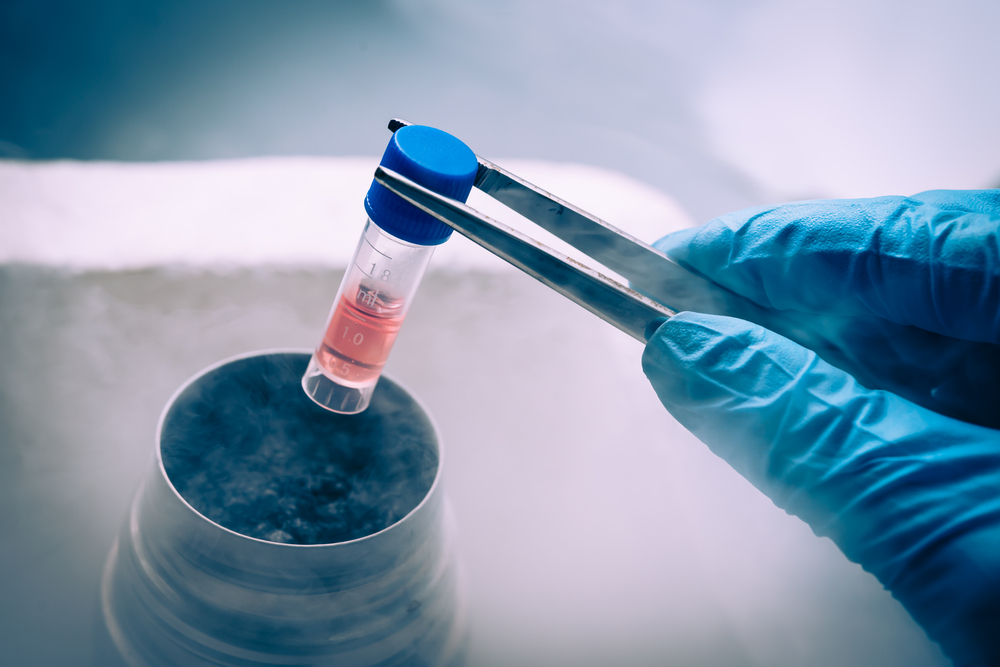Rutgers Awarded $6M Grant to Manage NINDS Stem Cell Repository
Written by |

The Rutgers’ Human Genetics Institute of New Jersey, home to RUCDR Infinite Biologics — the world’s largest university-based biorepository — announced it has received a five-year grant from the National Institute of Neurological Disorders and Stroke (NINDS). The $6 million funding will allow Rutgers to assume management of the NINDS stem cell repository, and enable RUCDR to provide an extensive range of stem cell services, including those that involve derivation and quality control of induced Pluripotent Stem Cells (iPSCs). These services will cater to and greatly benefit scientists worldwide, whose works focus on findings solutions to Huntington’s disease, Parkinson’s, and amyotrophic lateral sclerosis (ALS). This ultimately means international access to higher quality stem cells and other specimens indispensable to their investigations, according to Jay Tischfield, CEO and founder of RUCDR Infinite Biologics and the Duncan and Nancy Macmillan Distinguished Professor of Genetics at Rutgers.
“Under this new grant from NINDS, we will be utilizing innovative technologies, including molecular characterization of stem cell pluripotency and genomic stability, to provide the highest quality cell lines and data to advance discovery in areas of focus for NINDS,” Prof. Tischfield stated in a recent news release. “We also will use cutting-edge methods such as CRISPR-based systems to edit the genomes of induced pluripotent stem cells, generating powerful tools for research into the genetic causes and correlates of nervous system disorders.”
Since 1998, RUCDR has been providing genomic aid to NIH-funded scientists, and stem cell services since 2011, including management of the iPSC collection of the NIH Center for Regenerative Medicine, the National Institute of Mental Health (NIMH) Stem Cell Center.
RUCDR Infinite Biologics’ mission is to understand the genetic causes of common, complex diseases and to discover diagnoses, treatments, and, eventually, cures for these diseases. To this end, it collaborates with researchers in the public and private sectors throughout the world, providing high quality biobanking services and biomaterials, as well as scientific and technical support.
Read More Recent News





